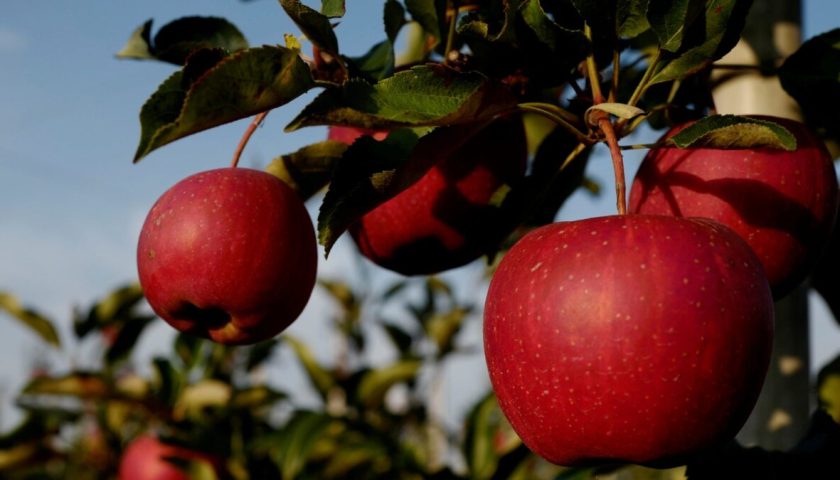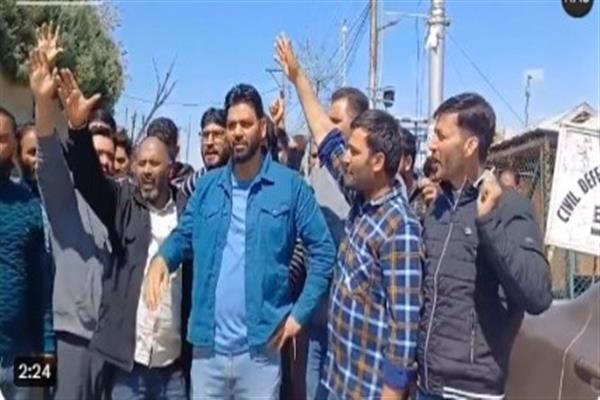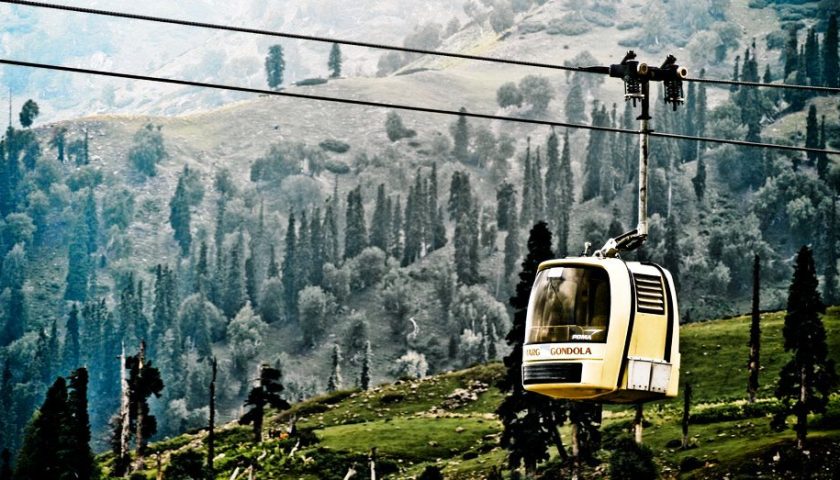Demonetisation of high value currency notes has proved wrong the claims made by some sections that Kashmir was a haven for black money and hawala transactions. For, if any place in India has remained calm in the wake of scrapping of Rs 500 and 1000 notes by Government of India, it is Kashmir.
While in rest of India at least 17 deaths have been reported in last 8 days in connection with demonetisation, everything is going on smoothly in Kashmir. These persons died either while waiting in long queues outside banks for money exchange or due to cardiac arrest after learning about demonetisation.
The NarendraModi-government scrapped Rs 500 and Rs 1000 denomination notes on November 8. At the time of demonetisation, the government figures revealed that money worth Rs 16 trillion was in circulation across the country, of which 85 percent was in higher denomination notes of Rs 500 and Rs 1000.
Economist and former member Board of Directors JK Bank, Professor Nisar Ali said: “In comparison to rest of the country, the demonetisation has been taken well by the people in Kashmir.”
“The people in Kashmir traditionally keep money deposited in the bank accounts,” Prof Ali said.
A senior JK Bank official commenting on the issue said: “Barring first two days of the demonetization, there was quite manageable rush at the bank branches. Banks are facing no pressure and are operating normally. You can see that the ATMs are filled with cash and there are only few takers.”
This, according to experts here, is in quite contrast to the situation in other states. “Outside the state, there is a sort of financial emergency post-demonetisation. The banks are crowded and people are jostling in long queues to get payment outside the ATMs.”
The economic survey of 2015-16 states that JK has estimated 42 lakh working population of which 58 per cent workforce is engaged in agrarian activities, while remaining 42 percent is in private and public sector.
“While the agriculture activities come under tax rebate category, of the remaining working population almost 90 per cent have bank accounts. So their incomes are already known and accounted for in the bank details,” said member KCSDS- a civil society group- ShakeelQalander.
He said J&K being economically backward is mostly dependent on bank lending for carrying business activities and trade activities. “Further due to turmoil, people in Kashmir particularly deposit their cash in banks because of safety concerns.”
Qalander’s assertion is backed by bank figures which reveal that on 31st March 2016, the banks in Jammu and Kashmir had a total deposit portfolio of Rs 82,000 crore while the lending was Rs 42,000 crore in the state.
Further, the bank network coverage in JK has encouraged people to open bank accounts even in rural pockets. “There are 2,000 bank branches which means bank for every 6250 persons in the state,” Qalandar said.
“The demonetisation has in a way cleared all the misconceptions and myths being propagated by certain political parties and vested interests about Kashmir, erroneously labelling it as hub of black money and fake currency,” he said, adding that if that would have been the case then Kashmiris would have been the most worried about demonetisation.
“But if you look at the bank branches and ATMs there is no chaos, which itself is a befitting reply to those elements who propagate Kashmir in a negative way,” he said.






